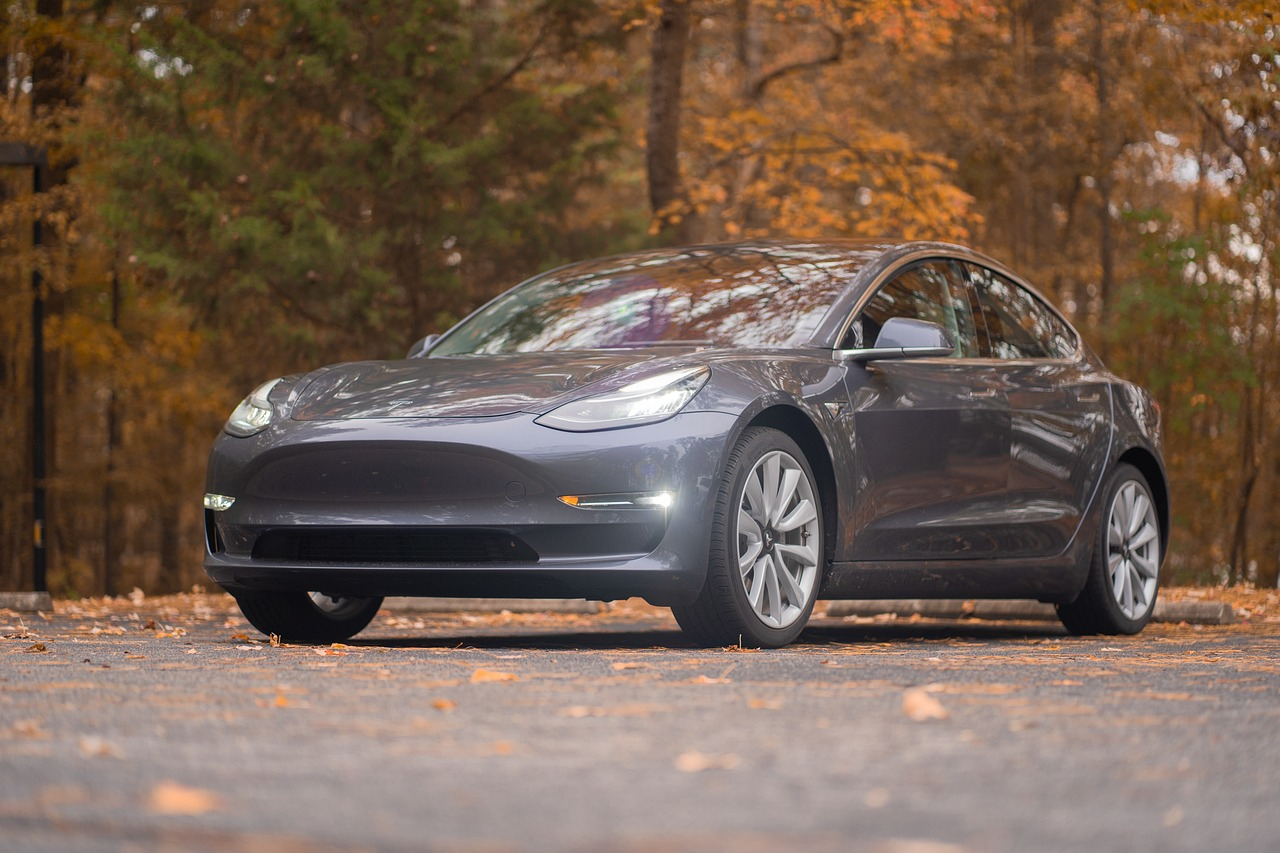Tesla's Challenges Amidst Chinese Competition
Long considered a pioneer in the EV industry, Tesla is facing increasing difficulties. A 20% drop in sales in the first quarter of 2024 and a significant reduction in stock value are clear symptoms of a crisis that could be exacerbated by the growing competition from Chinese manufacturers. Chinese brands like Xiaomi, with their new model SU7, are demonstrating their ability to innovate and effectively conquer new markets, including domestic consumption and international expansion.
Strategy and Government Support as Keys to Success
The success of Chinese companies is not only based on technological advancement but also on robust governmental support. China is implementing ambitious goals in electric mobility by introducing subsidies for manufacturers and consumers, which facilitates the rapid adoption of electric vehicles in the country. Additionally, strategic investments in high-density battery research and autonomous driving systems are contributing to a technological edge that could surpass Western technologies.
Global Ambitions of Chinese EV Brands
Chinese manufacturers are not limiting themselves to the domestic market. Their electric vehicles are also gaining popularity in Europe, Southeast Asia, and other regions of the world, thanks to an attractive combination of modernity, efficiency, and competitive prices. The development of a global charging infrastructure, in which China plays a key role, further strengthens their position on the international market.The Electric Revolution from the East
The dynamic development of Chinese companies in the EV sector is indicative of the changing power dynamics in the global automotive market. In the coming years, we can expect to see a further strengthening of China's position as a leader in the production and innovation of electric vehicles. This, in turn, forces Western manufacturers like Tesla to rethink their strategies and seek new solutions to remain competitive in the rapidly changing electric vehicle market.





